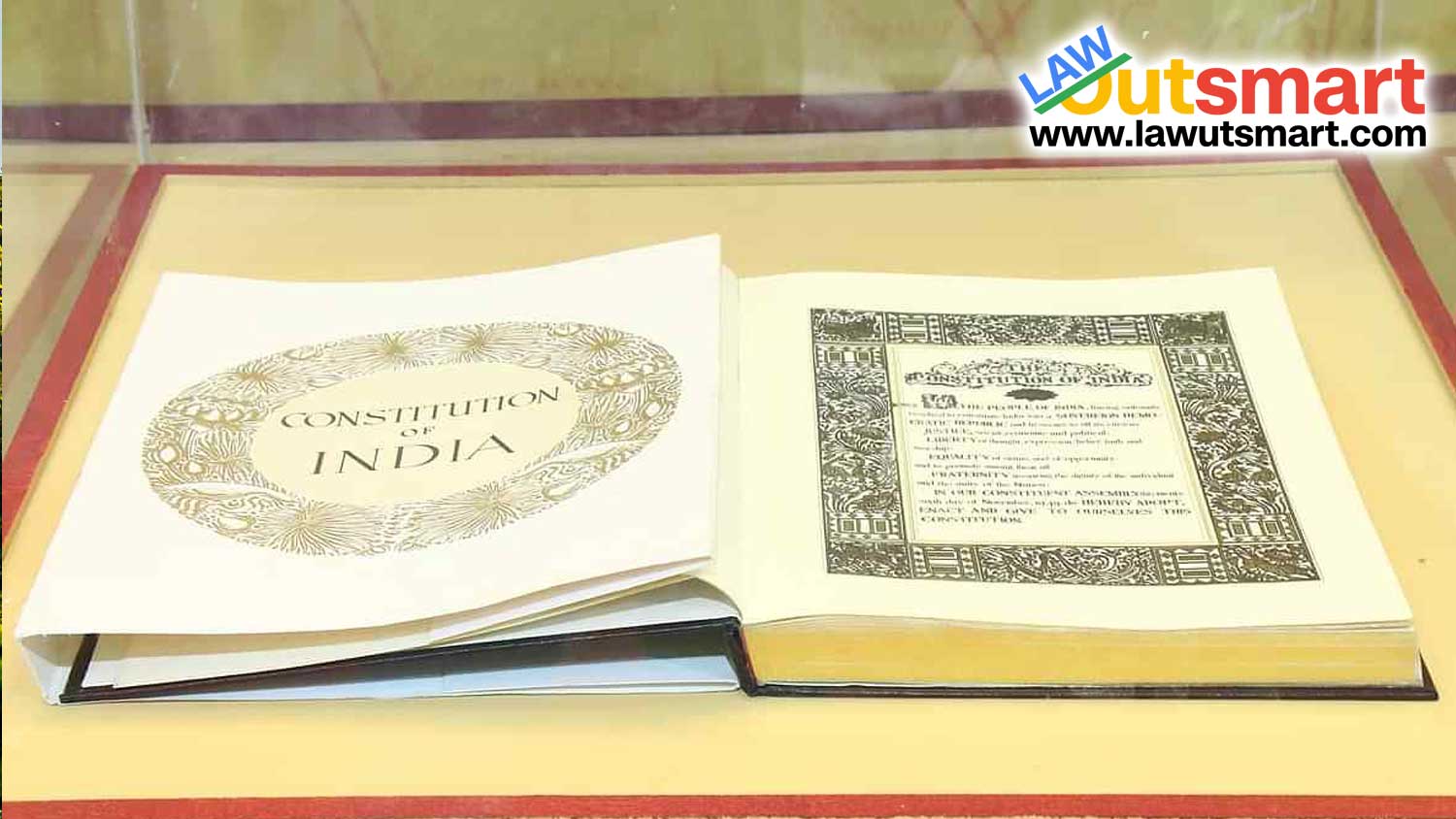The judiciary plays an indispensable role in any democracy, and its structure and functions can significantly vary from one country to another. In India, one of the fascinating and crucial aspects of the judiciary is the formation of a “Constitutional Bench” by the Supreme Court. This article aims to provide an understanding of what constitutes a Constitutional Bench in the Indian context, why it is essential, its historical evolution, and its role in shaping India’s socio-political landscape.
Definition and Composition
A Constitutional Bench is a special bench in the Supreme Court of India comprising at least five judges. It is constituted to deliberate upon substantial questions related to the interpretation of the Constitution or to resolve disputes that have far-reaching implications for India’s federal structure, governance, and public policy.
Legal Provisions
The provisions for the formation of a Constitutional Bench are laid down under Article 145(3) of the Indian Constitution. The Article stipulates that a minimum of five judges should sit together for deciding any case “involving a substantial question of law as to the interpretation of this Constitution.”
Historical Evolution
The provision for a Constitutional Bench emerged from the deliberations of the Constituent Assembly. Its inclusion aimed to ensure that issues of grave constitutional importance were dealt with the utmost care, collective wisdom, and thorough examination.
Why is it Important?
Complexity of Constitutional Matters
Constitutional questions are often complicated, requiring a nuanced understanding of law, governance, and public policy. A Constitutional Bench ensures that these matters receive comprehensive attention.
Avoiding Conflicting Judgments
Given the potential for wide-ranging implications, it’s essential that decisions related to the Constitution have the input of a larger bench to avoid inconsistencies in legal interpretations.
Upholding the Rule of Law
The Bench serves as a safeguard to ensure that the rule of law is maintained, particularly when interpreting constitutional provisions that can affect millions of lives.
Types of Cases Heard
Interpretation of Constitutional Provisions
Most often, the Bench is constituted to interpret the Constitution, thereby setting precedents that are instrumental in future legal judgments.
Presidential References
Under Article 143 of the Constitution, the President can seek the opinion of the Supreme Court. If the reference involves a constitutional matter, it is usually referred to a Constitutional Bench.
Dispute between States or Union
When there is a legal conflict between states or between a state and the Union, a Constitutional Bench is often formed to resolve the issue.
Landmark Decisions by Constitutional Benches
Kesavananda Bharati vs. State of Kerala
In this case, a 13-judge Constitutional Bench coined the “Basic Structure Doctrine,” stating that Parliament could not amend the basic structure of the Constitution. This was the largest Constitutional Bench ever in the Supreme Court of India.
Golaknath vs. State of Punjab
A 11-judge bench ruled that constitutional amendments were also laws under Article 13 of the Constitution and hence, could be declared void if they violated fundamental rights.
Menaka Gandhi vs. Union of India
A seven-judge Constitutional Bench expanded the scope of personal liberty under Article 21, stating that the right to live was not merely a physical act but extended to living with dignity.
Challenges and Criticisms
Delays in Judgment
Constitutional Benches usually take a longer time to arrive at decisions due to the complexity of issues and the need for detailed deliberations.
Bench Strength and Representation
Critics argue that the Bench, usually drawn from sitting Supreme Court judges, may not adequately represent the diversity of the Indian populace or have expertise in all relevant legal areas.
Possibility of Judicial Overreach
The power wielded by a Constitutional Bench in interpreting the Constitution sometimes raises concerns about judicial overreach, where the judiciary might be seen as encroaching upon the functions of the legislative or executive branches.
Conclusion
The Constitutional Bench of the Supreme Court plays a pivotal role in the Indian legal system. By addressing issues of significant constitutional importance, it not only helps in shaping the legal framework but also, by extension, influences social and political norms in India. While the formation and functioning of these benches are not without their set of challenges and criticisms, their importance in upholding the principles enshrined in the Constitution cannot be overstated. Through its judgments, the Constitutional Bench continues to be a cornerstone in the Indian democracy, ensuring that constitutional ethos and principles are maintained and upheld.

